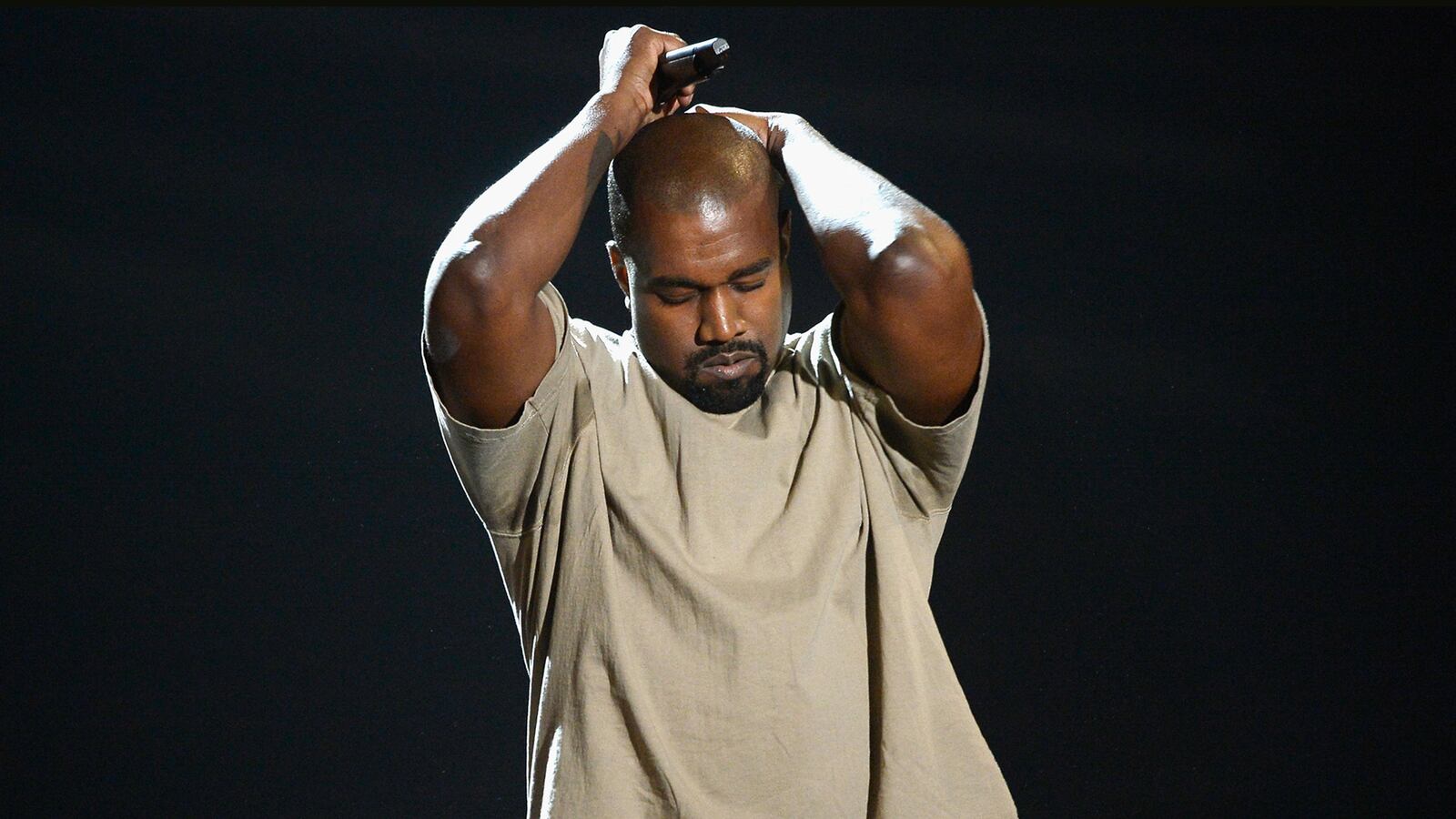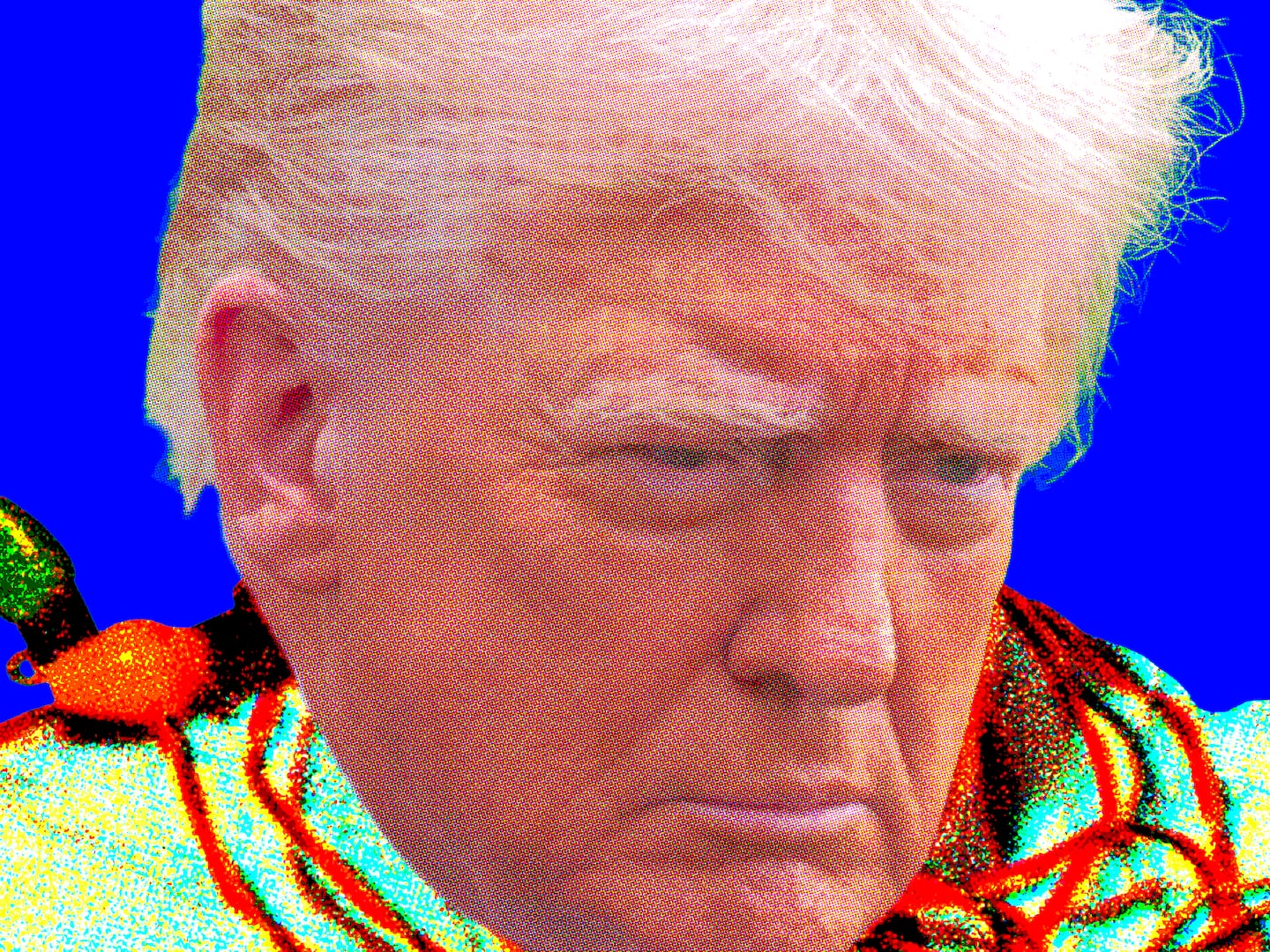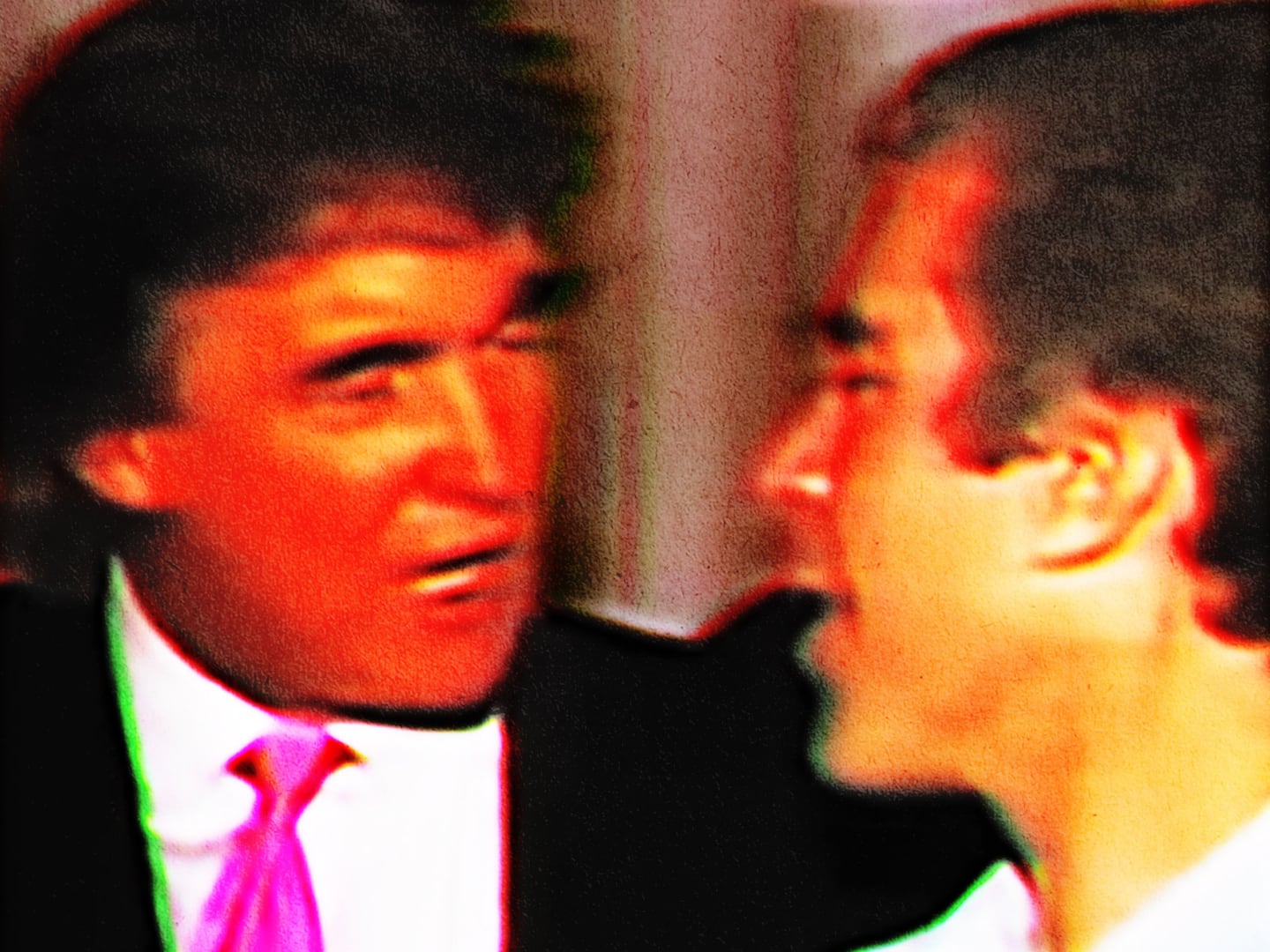When Carrie Fisher died two years ago, the world entered a state of collective mourning for the passing of a beloved Star Wars princess—but also for the loss of a pop culture paragon of mental health awareness. Throughout her life, Fisher was extraordinarily open about her struggle with mental illness, describing at length her bipolar diagnosis, rollercoaster moods, and various treatment methods (including electroconvulsive therapy, a procedure that still faces stigma).
On Thursday, just in time to wrap up May’s Mental Health Awareness month, Kanye made his own kind of psychiatric disclosure on his anticipated new album, Ye. The seven-track LP is forthright about its preoccupation with mental health, plastering across its cover in lime green scrawl: “I hate being Bi-Polar. It’s awesome.”
On the track “Yikes,” Kanye addresses the disorder directly, calling it his “superpower… ain’t no disability.” It’s a remarkable revelation for Kanye, whose public meltdowns and erratic behavior have prompted many to question his wellness and state of mind. In May, the rapper’s outburst to TMZ (in which he described slavery as a “choice”) caused such a cultural clamor that Kim Kardashian felt the need to come to her husband’s defense on Twitter.
“So quick to label him as having mental health issues for just being himself when he has always been expressive is not fair,” Kardashian tweeted. Of course, making presumptions about a person’s mental health is inappropriate under any circumstances. But Kardashian’s attempt to distance Kanye from mental illness drives at the icky, ingrained principle that there’s something inherently shameful about it—that it would make Kanye less “himself.”
Sadly, mental illness is often regarded as something that sensible people don’t talk about in public. But even despite the stigma, Kanye’s revelation isn’t hitting in a vacuum. The past year has seen an increase in public figures—from a certain British prince to professional NBA players—coming forward to discuss their mental health struggles.
A year before his royal wedding, Prince Harry opened up about the years of panic attacks he suffered following the death of his mother Princess Diana, agonizing episodes that made his body feel like “a washing machine.” The comment followed his earlier confession that, at the age of 28, he had sought therapy after fearing himself on the edge of a breakdown.
Even the professional athlete world—historically a bastion of macho invulnerability—is making strides. Earlier this year, a duo of revelations from NBA stars DeMar DeRozan and Kevin Love inspired the creation of an independent program focused on mental wellness, a big step toward mainstream acknowledgment in the athletic realm.
And though Carrie Fisher might be our go-to when considering celebrity candidness about bipolar disorder, there are a slew of other stars who have been equally forthright about having manic depressive episodes, including Mariah Carey, who revealed her battle with the disorder in an interview with People in April. “Until recently I lived in denial and isolation and in constant fear someone would expose me,” she said. “It was too heavy a burden to carry and I simply couldn’t do that anymore. I sought and received treatment, I put positive people around me and I got back to doing what I love—writing songs and making music.”
With the release of Ye, it’s apparent that Kanye has, in unmistakable lime green, joined this pop culture crusade, nebulous as it still may be. Whether his “superpower” revelation is a landmark moment for hip hop remains to be seen, but either way, it’s a triumph.






